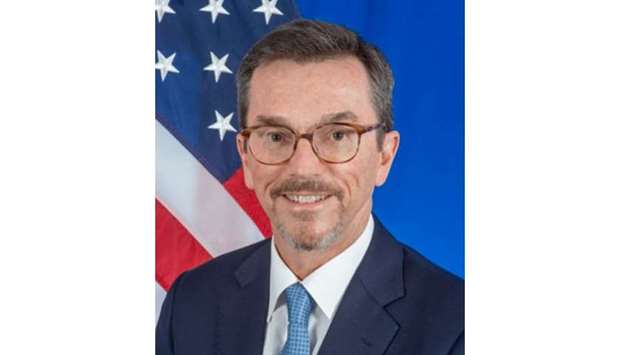As we celebrate the International Human Rights Day on December 10, we are reminded that on this day in 1948 the UN General Assembly adopted the Universal Declaration of Human Rights (UDHR). The courage of our forebears determined that all individuals should enjoy protections from torture and other cruel, inhumane, or degrading treatment or punishment. They also enshrined rights like the freedoms of religion or belief, expression, association, and peaceful assembly. Under the UDHR, every human being in the world can claim these rights as their own birthright, regardless of their citizenship or allegiance.
We note some positive steps Qatar has taken over the last year, such as signing both the UN’s International Covenant on Civil and Political Rights (ICCPR) and International Covenant on Economic, Social, and Cultural Rights (ICESCR) as well as passing a law on the regulation of political asylum. In May of this year, in Geneva, Qatar participated in its Universal Periodic Review where the Qatar delegation highlighted the US-Qatari partnership to combat human trafficking and improve workers’ rights.
The International Labour Organisation opened its Doha-based office in 2018 and this October Qatar announced sweeping labour reforms, marking a momentous step forward in upholding the rights of migrant workers. We look forward to watching the full implementation of such reforms including the removal of exit permits for all workers, the establishment of a mandatory minimum wage, fuller and more timely access to the judicial system, and use of existing anti-trafficking legislation in court cases.
The Doha International Centre for Interfaith Dialogue will host an Interfaith Conference March 2020 and the US embassy will attend to learn more about enhancing religious freedom in Qatar.
The UDHR’s diverse group of drafters found a common purpose in the universal rights they outlined. They understood that the nations of the world had a duty to one another: to stand up for human dignity and protect the human rights to which every person is entitled. It is not only governments that have this duty. Governments are, after all, composed of individuals. Every person has a role to play in protecting and standing up for human rights.
How can we do this? We can all educate ourselves about human rights, learning about the rights guaranteed under the UDHR and about current human rights challenges around the world. We can all stand against abuse and join the call for accountability, drawing attention to states that abuse human rights and urging them to uphold their commitments to respect human rights. We can urge our governments to speak up when abuses take place elsewhere in the world. We can demand that nations uphold the tenets of the UDHR.
I can assure you that the United States and its people remain committed to human rights protections, and we call on our Qatari friends to join us in advocating for every person around the globe to enjoy the universal human rights enshrined in the UDHR.
l William Grant is US Embassy Charge d’Affaires in Doha, Qatar.

William Grant
